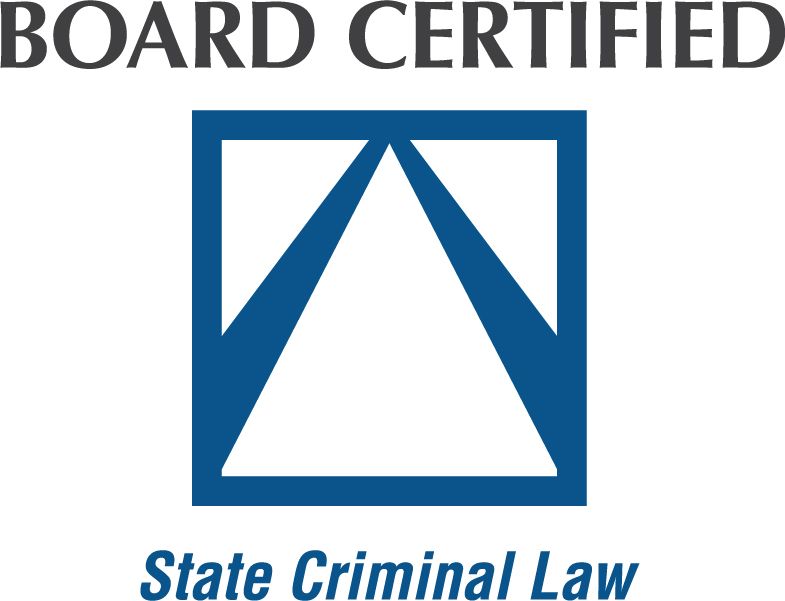In North Carolina, what is the difference between civil and criminal court?
- What is the difference between Civil Law and Criminal Law?
- Can I be charged with both?
- What is Civil Law? Criminal Law?
Civil court normally involves disputes about money. Criminal court focuses on violations of criminal law in North Carolina – John Fanney
Civil Law and Criminal Law issues a both unique and separate
Our court system in North Carolina can be complicated. That’s especially true for people with little or no experience dealing with legal issues.
For example, civil cases involving disputes over money, like a car accident for example, are normally decided using the legal standard known as a “preponderance of evidence.”
There are important exceptions though.
Criminal cases on the other hand, especially when deciding if someone is guilty or innocent of the charges, must be decided using the standard of proof lawyers refer to as “beyond a reasonable doubt.”
It’s not just reasonable doubt. It’s BEYOND a reasonable doubt. It’s the highest standard in the land, both in North Carolina and the United States.
For example, standards of proof range in our system. While civil and criminal cases are different, the levels of proof from a legal perspective help to explain things.
At the low end of the spectrum, lawyers normally refer to reasonable suspicion as the standard example.
LEARN MORE: When Should You Hire a Lawyer?
Higher up is probable cause, which sometimes is referred to as reasonable grounds. And even though it sounds similar to reasonable suspicion, it’s technically different.
Criminal defense lawyers often argue that probable cause really means it is “more likely than not” that a criminal offense took place. Prosectors may take a different position, arguing the world “probable” means nothing more than a mere probability. Reasonable minds can and do often differ.
Civil lawyers are often arguing about more-likely-than-not, or “by the greater weight of the evidence.” Put simply, that often times mean a slight tipping of the scales, where it’s 51% to 59%, or just slightly more than 50/50.
In court, it can get real complicated real quick – John Fanney
In legal issues involving removing a child from parents, the legal standard applied is referred to as “clear, cogent, and convincing” evidence.
The next level legal professionals refer to is Reasonable Doubt, which thereafter logically relates to Beyond a Reasonable Doubt.

John Fanney: Wake County Criminal Law Specialist
If you have questions or need a Raleigh criminal defense lawyer, it makes sense to talk to someone experienced with handling cases in court.
Both types of cases are handled in the Wake County Courthouse.

John Fanney is a North Carolina State Board Certified Criminal Law Specialist in North Carolina. He focuses his practice on state and federal criminal charges in Raleigh, North Carolina.
Consultations at the Fanney Law Firm are both FREE and confidential.
Read More: John Fanney Practice Areas

Modified Transcript of “What Is The Difference Between Civil And CriminalCourt” for the Hearing Impaired
Civil Versus Criminal Law. Let’s start with the civil law. Civil law is derived mainly from acts that are done against other folks or property, and it generally involves negligence.
There are other things like contracts, wills, and estates, but civil law in the context of what the question is would be you owe some duty as a citizen to another person. For example, in a car accident, you may have the duty to operate your vehicle safely. Y
ou may have a duty to keep a proper lookout, to slow down to avoid an accident. You may have the last clear chance to avoid an accident. Those are civil law concepts.
In civil law, it’s not a matter of whether or not you go to jail or end up with a criminal record.
Those types of actions mainly involve the recovery of money.
Again, in the example of a car accident, you may have damaged someone’s vehicle or caused them an injury where they have medical bills.
The civil law is in place to ensure that those people who are harmed by others’ actions get some type of monetary or money recovery for their problems.
As far as the criminal law is concerned, criminal laws are fences against the state.
They are prosecuted by district attorneys. There are victims. Those victims are represented by the state.
You, if you are charged with a criminal offense or a defendant, in criminal law, you could have major problems, such as going to jail, being placed on probation, having a criminal record, having to pay fines, court costs, doing community service.
You may have a lot of questions about these things, so why don’t you give us a call?
I’m John Fanney. My phone number is (919)-617-7009.
I’m happy to answer any questions you have about a criminal matter.
 North Carolina Criminal Law Updates
North Carolina Criminal Law Updates